In an interview with German newspaper Augsburger Allgemeine, European Commission Jean-Claude Juncker said he and chief Brexit negotiator Michel Barnier are “doing everything possible to get an agreement” on Brexit. He warned that “if we don’t succeed in the end, the responsibility would lie exclusively on the British side.”
Juncker also said that disorderly Brexit could greatly complicate negotiations on future relationship. He said: “We will want to and need to seal a free trade agreement. But that won’t happen just like that, as some in Britain imagine. Some of the trade deals we sealed in my term of office took many years to reach.”




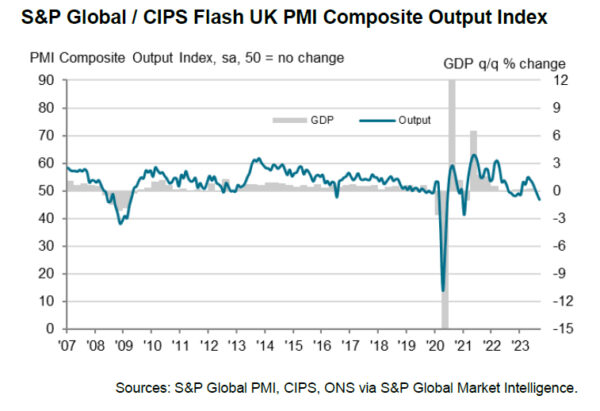
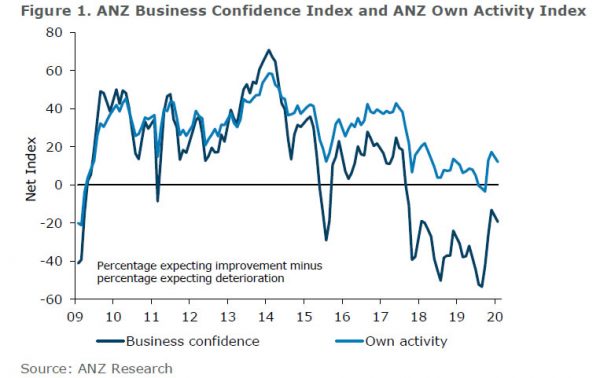
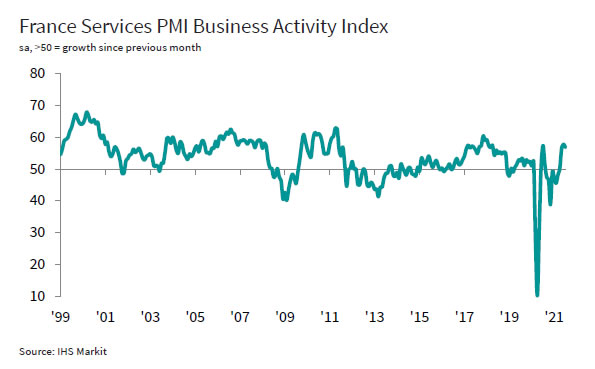
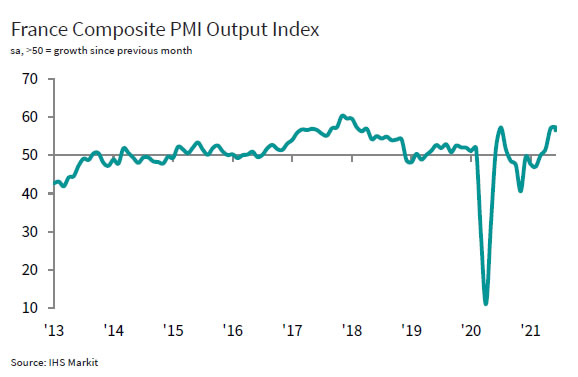
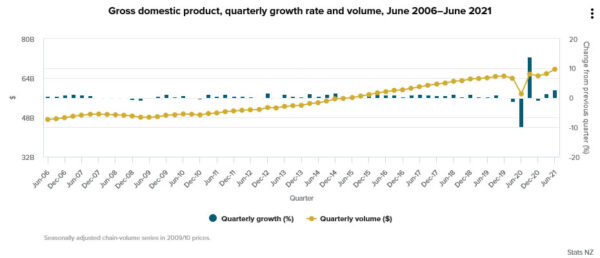
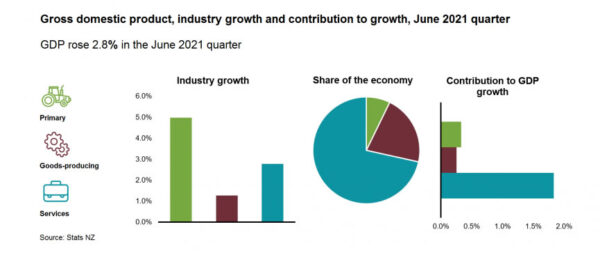
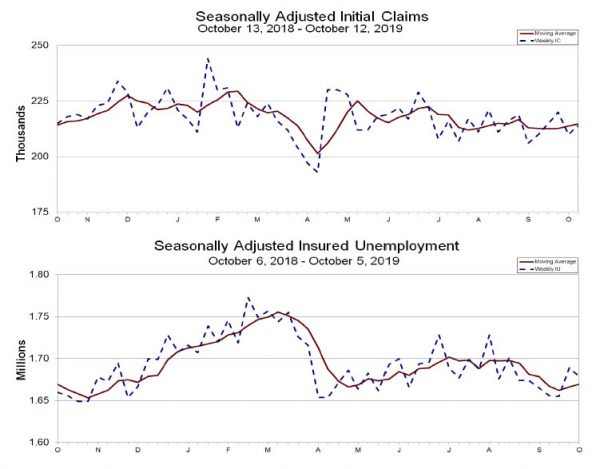
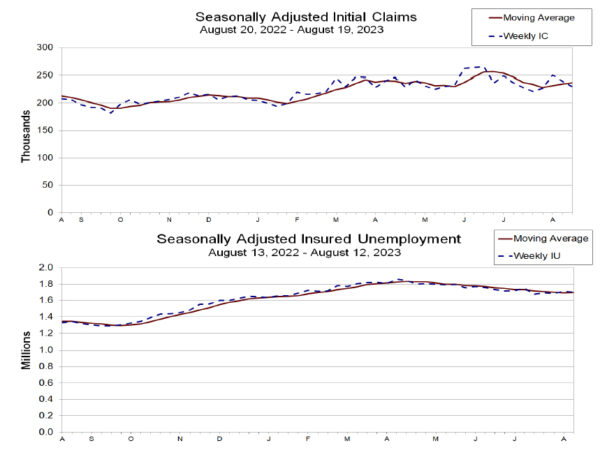
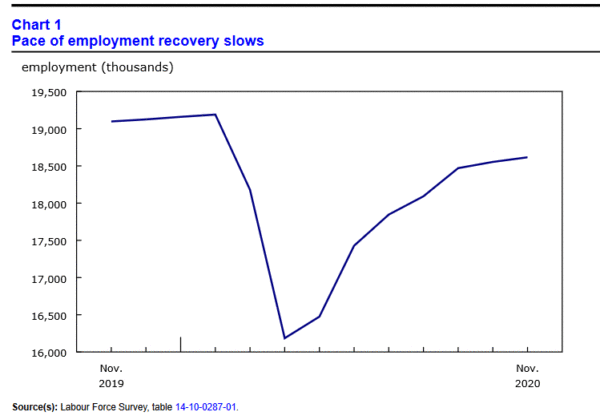
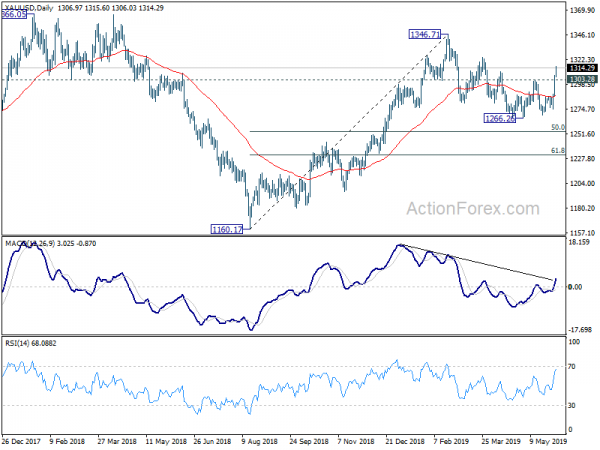
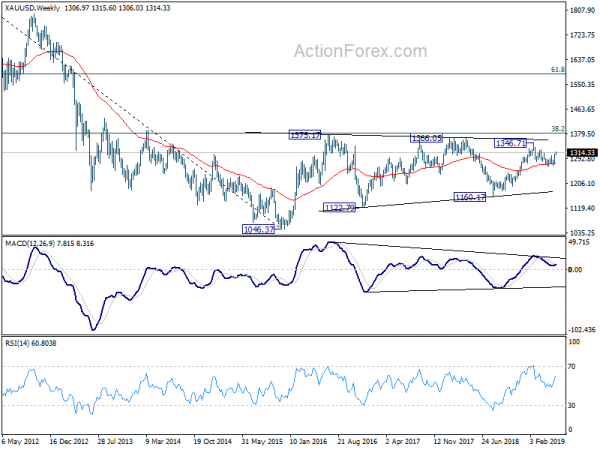
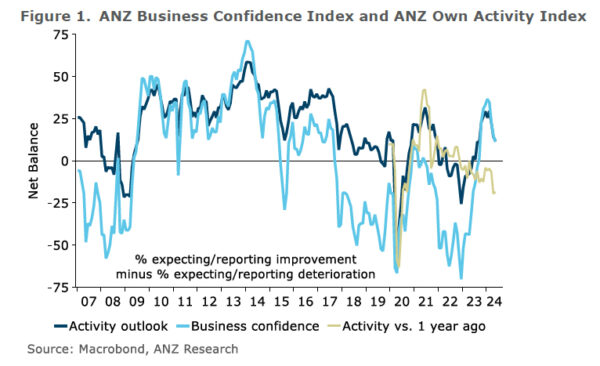
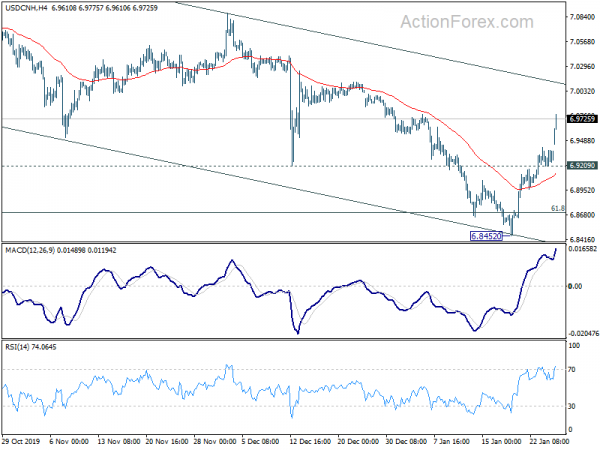
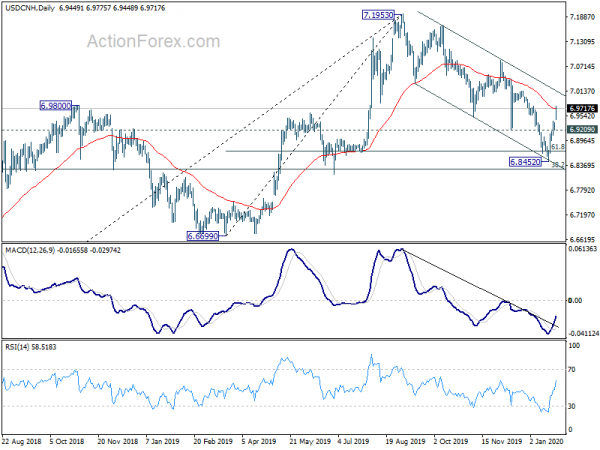

Eurozone Sentix rose to 1.3, expectations jumped to new record high
Eurozone Sentix Investor Sentiment turned positive to 1.3 in January, up from -2.7, but missed expectation of 2.0. That’s nonetheless the highest since February 2020. Current situation index rose to -26.5, up from -30.3, highest since March 2020. Expectation index rose to 33.5, up from 29.3, an all-time high. Sentix said, “the main reason for the expectations, despite the renewed lockdown ex-tension in Germany, is probably the high hope for a successful vaccination campaign.”
“Nevertheless, we do not see the development so positively,” it added. “This is because the assessment of the situation has been showing a much flatter trend than the stormy expectations for months now. There is a potential for a temporary sobering up here, because investors seem to underestimate the danger that the economies are more damaged than the data seem to reflect and that this will only become visible when the restrictions are actually lifted.”
Full release here.